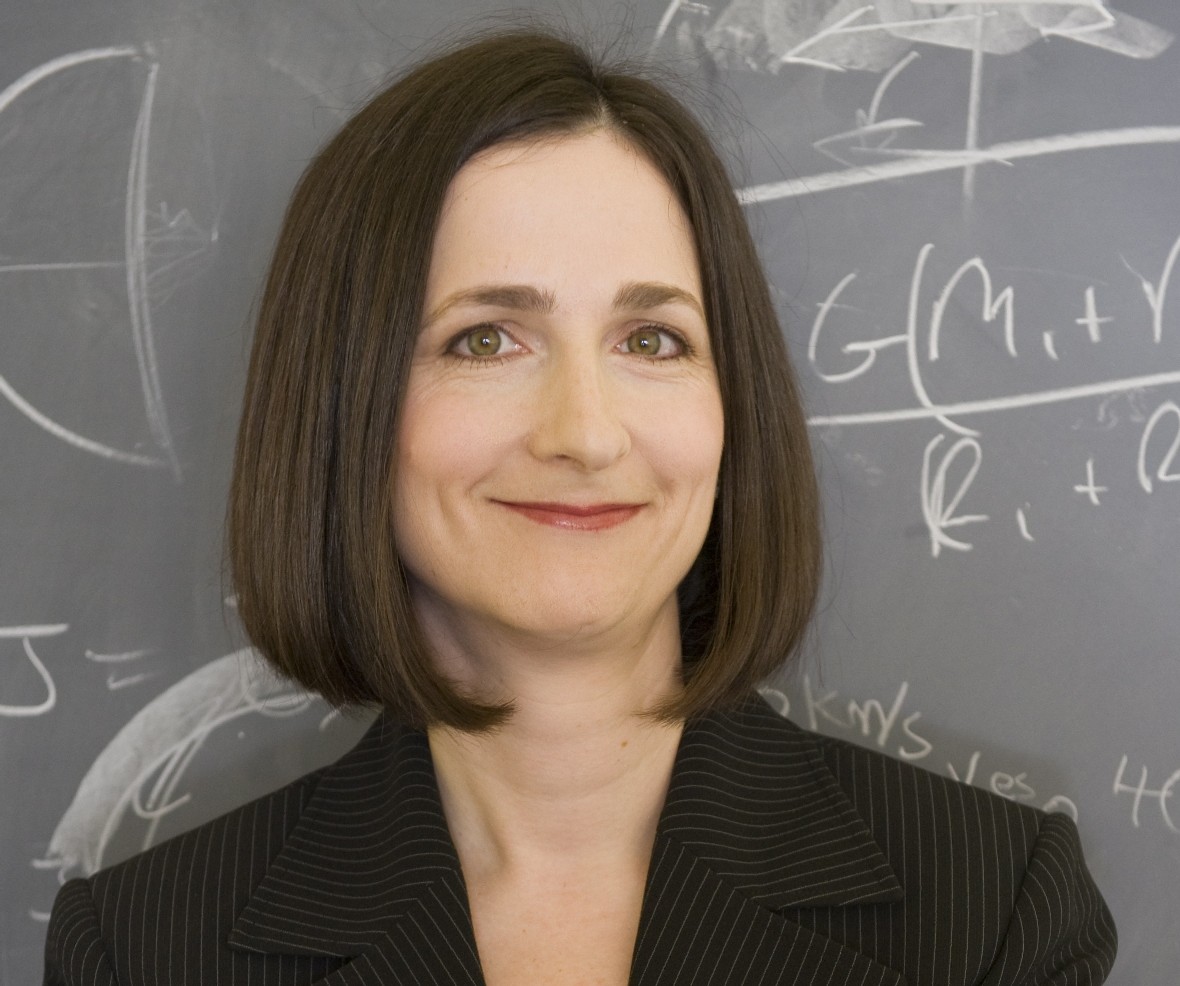Scientific Colloquium
December 11, 2009
THE JOHN BAHCALL LECTURE |
 |
SARA SEAGER
MASSACHUSETTS INSTITUTE OF TECHNOLOGY
|

|
"Exoplanets: From Discovery to Characterization and
Beyond"
At the dawn of the first
discovery of exoplanets orbiting sun-like
stars, fourteen years ago, few believed that exoplanet atmosphere
observations
were possible. Seven years ago, after the Hubble Space Telescope
observation of
the transiting HD 209458b atmosphere, many skeptics challenged it as a
one-object, one-method success. With over two dozen exoplanet
atmospheres
observed today, we have solidly entered the first stage of exoplanet
atmosphere
research. I will review the highlights of hot Jupiter atmosphere
studies:
detection of molecular spectral features; constraints on atmospheric
vertical
structure; and diversity of day-night temperature gradients. I
will show what
we can robustly infer from the two best transiting hot Jupiter
atmosphere data
sets using a new atmospheric temperature and abundance retrieval
method. As hot
Jupiter observations and interpretation are maturing, the next frontier
is
super Earth atmospheres. Theoretical models are moving forward with
observational hopes pinned on the James Webb Space Telescope, scheduled
for
launch in 2014. I will conclude with an update on the realistic but
futuristic
attempt to answer the enigmatic and ancient question, "Are we
alone?" via
detection of atmospheric biosignatures.


